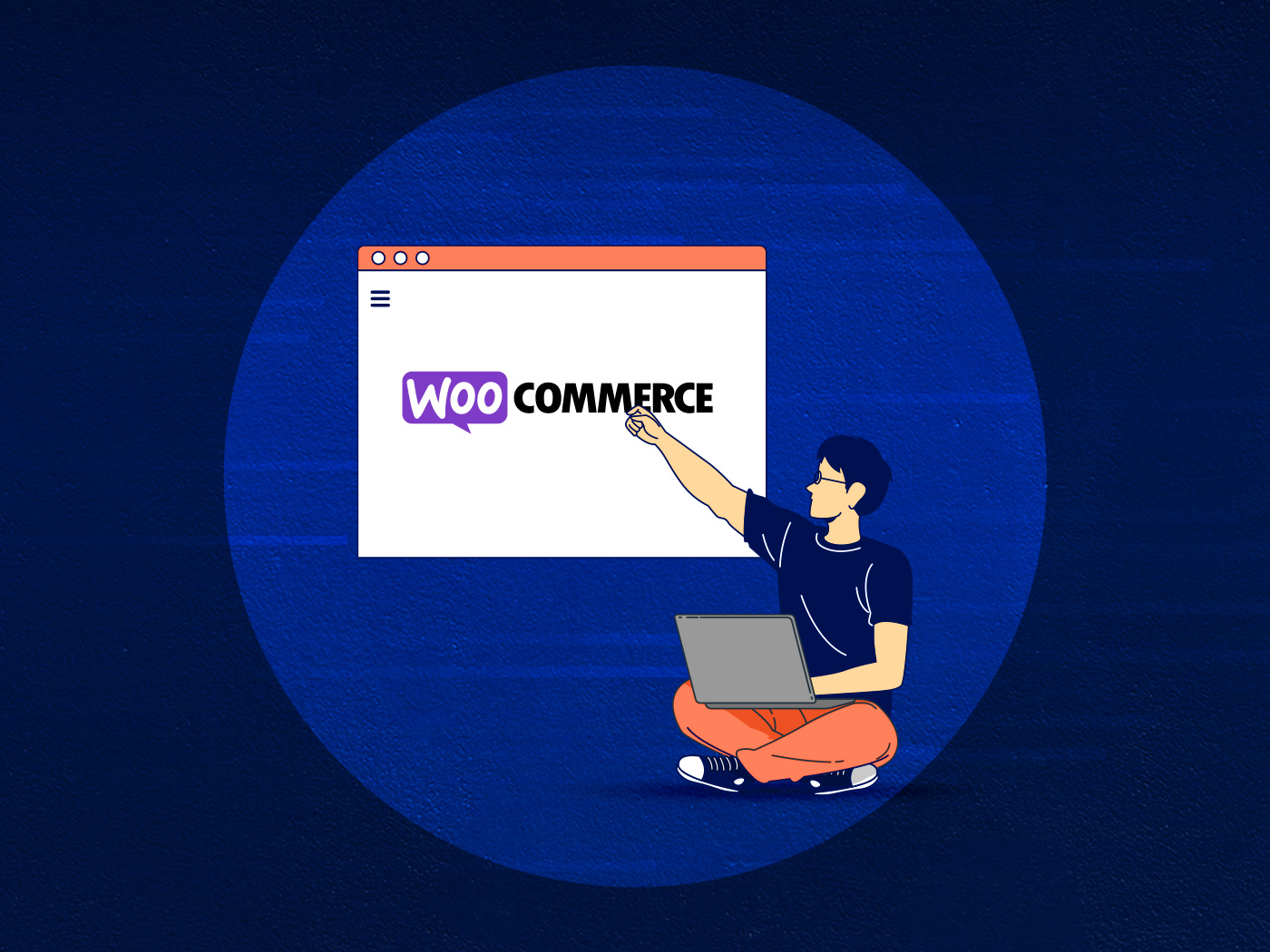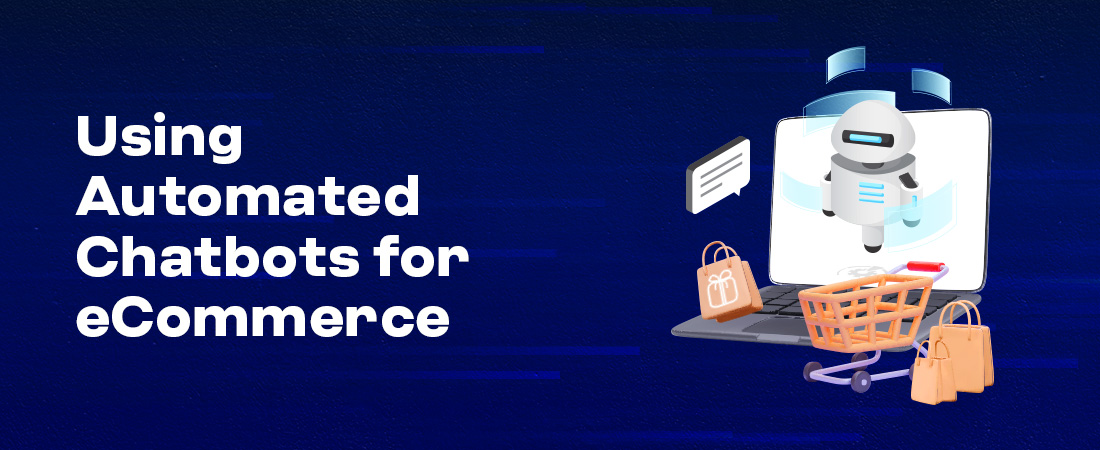DISCLAIMER: This post is intended for business owners located in areas where cannabis, hemp, CBD, and other similar materials are legally available for sale. It is not legal or medical advice.
Content marketing is becoming increasingly important in the cannabis and CBD industry, as laws change and new businesses enter the market. In order to stand out from the thousands of other brands, attract new customers and retain old ones, and generally survive in a competitive industry, CBD/cannabis-related businesses need to seriously think about the type of content they put out into the world.
While the specific kind of content will vary depending on your location and market and your particular strengths as a business owner. But there are some general guidelines you can follow and types of content that you should consider creating.
In this blog post, we will discuss different types of content that CBD, cannabis, hemp, and similar types of businesses can develop to improve their content marketing efforts. And if you’re looking for a web host that supports the cannabis / CBD industry, look no further: Convesio hosts websites for businesses in cannabis, hemp, CBD, THC, medical marijuana, cannabis seeds, and other marijuana-related products.
Types of Content To Develop
From VR experiences to TikTok videos, it seems like there is a new type of content being created every year. Nonetheless, you can more-or-less divide content forms into a few basic categories:
- Blog posts
- Interviews
- Postcasts
- Product Reviews and Testimonials
- Short-form videos for TikTok, YouTube Shorts, and Instagram Reels
- Long-form videos for YouTube
- Coupon sites
Each type of content has its unique benefits and can help businesses reach different audiences. Let’s take a look at each one in more detail.
Blog Posts
Blog posts are a great way to educate your audience on various topics related to the cannabis and CBD industry. You can use blog posts to provide information on topics as wide-ranging as the benefits of CBD, the latest industry news, new legal changes, or the ever-expanding variety of products that include cannabis. Blog posts can help improve your website’s SEO and increase your visibility on search engines, which can have a major effect on your bottom line. Many of our CBD-based clients report that much of their traffic comes through organic search results on Google.
It’s good to get into the habit of writing a blog on a regular schedule and not simply “when you feel like it.” An easy way to do this is by having a weekly “news roundup” of noteworthy stories in your particular cannabis niche. You can also have a weekly update on your specific company’s progress, your new products, and so on.
Interviews
Interviews are another excellent (and easy) way to showcase the expertise of your business and team members. A good place to start is with your own employees or business partners. After that, you can interview cannabis industry experts, social media influencers in your niche, legal experts, and other people running businesses in the overall industry. It’s also a good idea to tap your customer base for interviews, too: many people are happy to share their experiences and opinions.
Podcasts
Although the “peak” of podcasts has somewhat passed, they are still majorly important in the overall media landscape. Podcasts are a great way to engage with your audience in a unique way. Cannabis and CBD businesses can use podcasts to discuss industry-related topics, interview guests, or provide updates on new products or services. Podcasts can also help businesses establish themselves as thought leaders in their industry.
Videos
Videos are a great way to visually engage with your audience, especially in an age when TikTok and YouTube are the dominant social media platforms. You can use videos to showcase your products or services, provide tutorials and walkthroughs, or share stories from customers that enjoyed your products. Just be mindful of legal restrictions concerning the use of cannabis/CBD in videos; some social media platforms may flag or remove your video if you do so.
Product Reviews and Testimonials
Product reviews, walkthroughs, and testimonials are a great way to showcase your products and their benefits to your audience. Reviews can be created by your team or your customers, and they can be shared on your website or social media platforms. Positive reviews can help improve your reputation and increase customer trust in your products or services.
If you don’t sell products yourself, you can also review products in the industry at large. This is a good way to broaden your audience and build up a following. Just be sure to always give accurate, reliable information. Otherwise, your readers won’t trust your reviews.
Email Newsletters
Email marketing can be a powerful tool for cannabis businesses to connect with their customers and promote their products. Email allows you to go directly into customers’ inboxes, which is a much more personal space than the Facebook feed or TikTok “for you” page.
As with blogging, it’s a good idea to send out emails on a regular schedule. Include information on new products, exclusive offers, and industry news. You can also include the other forms of content that you’ve created elsewhere: blog posts, videos, interviews, podcasts, and other pieces of content fit nicely into a weekly summary email. Just don’t overdo it: sending more than one email per week can be excessive and lead to a bad response from customers.
Email marketing is also far less restricted than other social media marketing platforms, which makes it ideal for a still-controversial industry like cannabis/CBD. Unless you send spam, there is essentially no way to be kicked off of email, unlike Facebook or Instagram.
Coupon Sites
Finally, coupon sites are a frequently used marketing channel for cannabis-related businesses. Groupon and Dealspotr both have a significant amount of CBD/cannabis usage, which means that those businesses support the industry.
A Closing Note: Be Cognizant of Social Media Policies
As a final note, be sure to check the policies of the social media platforms that you use. Many of them prohibit certain types of advertising or certain products from being promoted. Others are more supportive, or at least less hostile. As this is a fast changing industry, you’ll need to research the various policies to see what has changed recently. However, in general, Twitter seems to be more open to cannabis-businesses running advertising, while Facebook and Instagram seem less open.

However, most social media platforms will still allow you to create pages for your brand and create related content, as long as you don’t directly sell any products. So, if you want to use a social media platform that prohibits selling cannabis products, consider adopting a Redbull-style marketing plan and highlight other activities that relate to your overall brand – like extreme sports, for example!
Wrapping Up
The cannabis / CBD industry is booming. If you have a business in the industry, that’s good news – but it also means that you have a lot of competition. To stand out from your competitors, it’s crucial to develop a solid content marketing plan that spans a variety of different media types, from blog posts to video interviews, and everything in between. As with many other industries, the winners of the industry are those who build the strongest brands.


